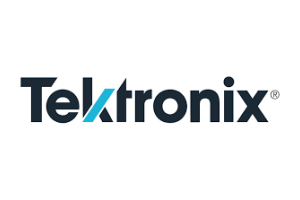embedded world 2023
Enclustra presents new FPGA applications
Enclustra presents its portfolio of FPGA-based System-on-Modules at booth 436 in hall 2. They are based on AMD-Xilinx, Intel and Microchip chips. Enclustra looks back on almost 20 years of experience in the development of FPGA systems.
Enclustra supports developers in all areas of FPGA-based system development. Be it high-speed hardware, HDL firmware, embedded software, specification support, implementation, prototyping or any combination of the above.
At embedded world, Enclustra will introduce its new »Andromeda« system-on-module (SoM) product family. It is the next generation of modular and scalable FPGA system-on-chip (SoC)-based form factors. It supports three sizes: S (40 mm × 56 mm), M (52 mm × 66 mm) and L (80 mm × 64 mm) with two to six high-speed ports supporting up to 780 I/Os.
Two AMD-Xilinx Zynq UltraScale+ MPSoC-based modules are already available: The »Andromeda XZU90« and the »Andromeda XZU65«. Three more are being developed: the »Andromeda XZU30« in S-shape factor, the »Andromeda XZU70« and the »Andromeda XRU50«, based on the AMD-Xilinx »ZU48DR RF« SoC.
To demonstrate the speed and performance of the FPGA technology, Enclustra has developed a low-latency video demo based on the Enclustra »Mercury+-XU8« module. The demo compares three variations of the same video pipeline: implemented with software, high-level synthesis (HLS) and VHDL. At 1920 × 1080 pixel resolution at 30 FPS, the FPGA-based application has a latency of <100 µs. The software achieves only 11 FPS and has a latency of 76 ms.









